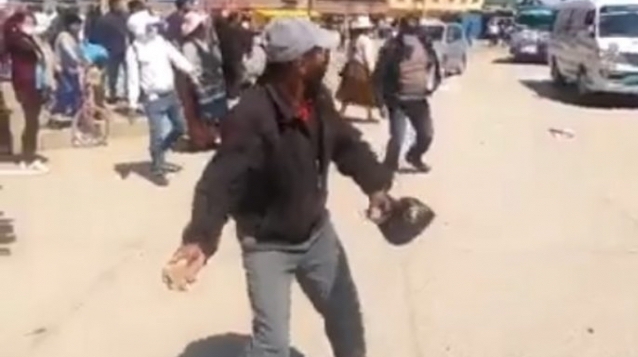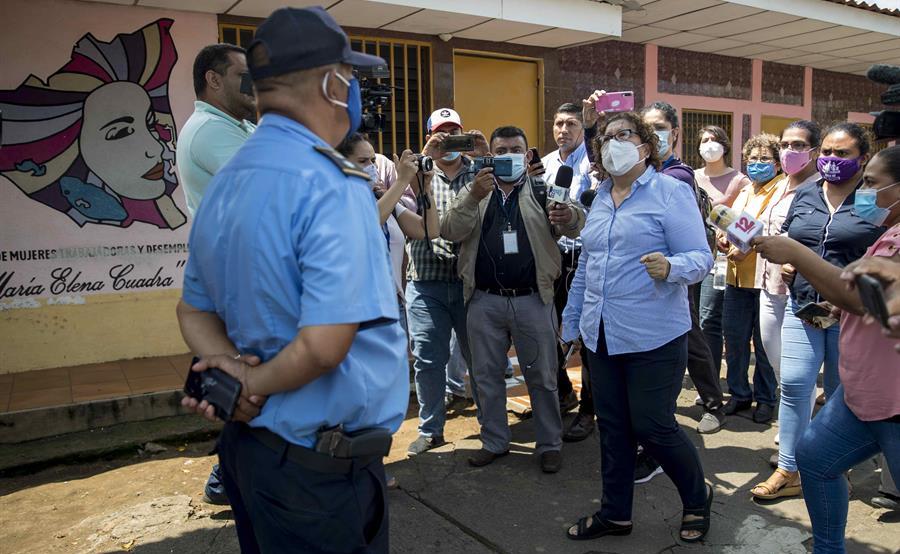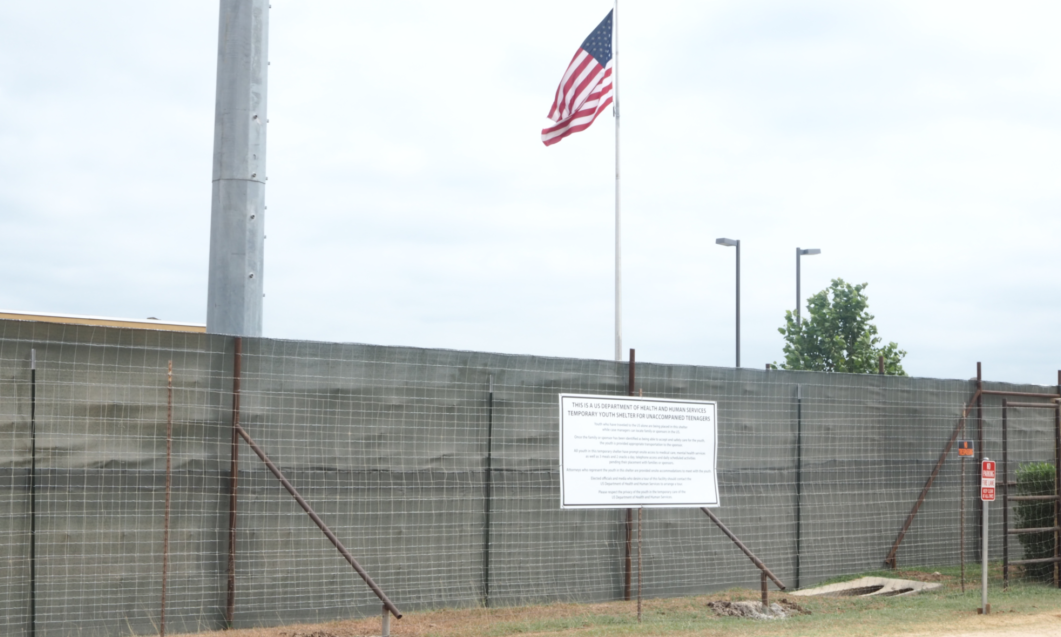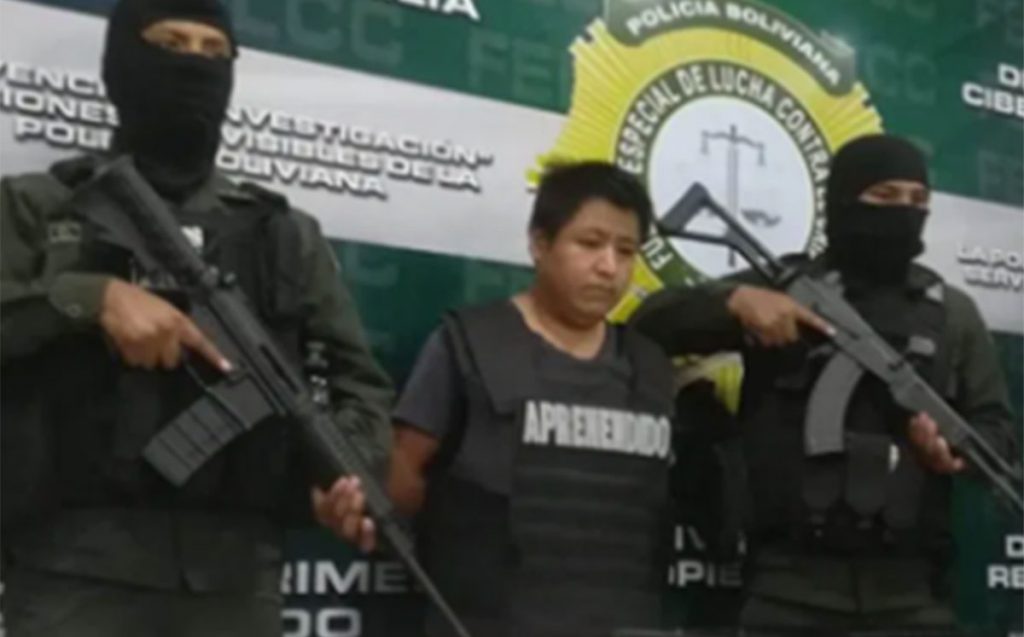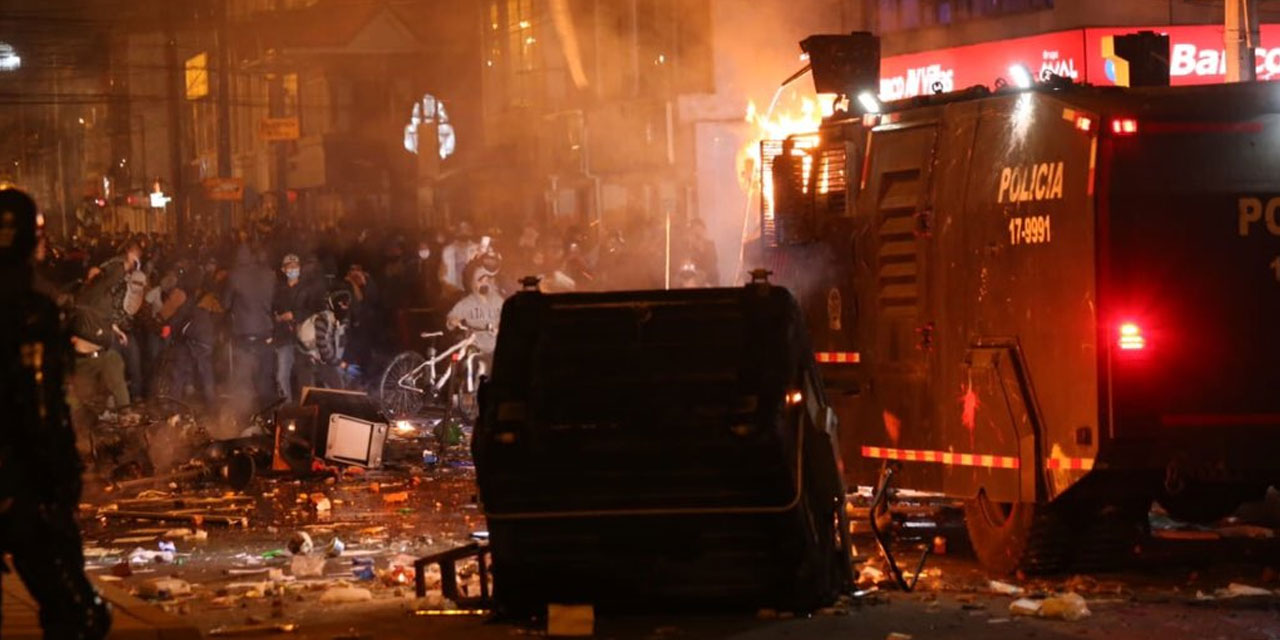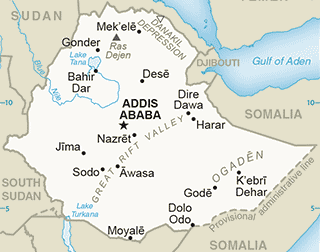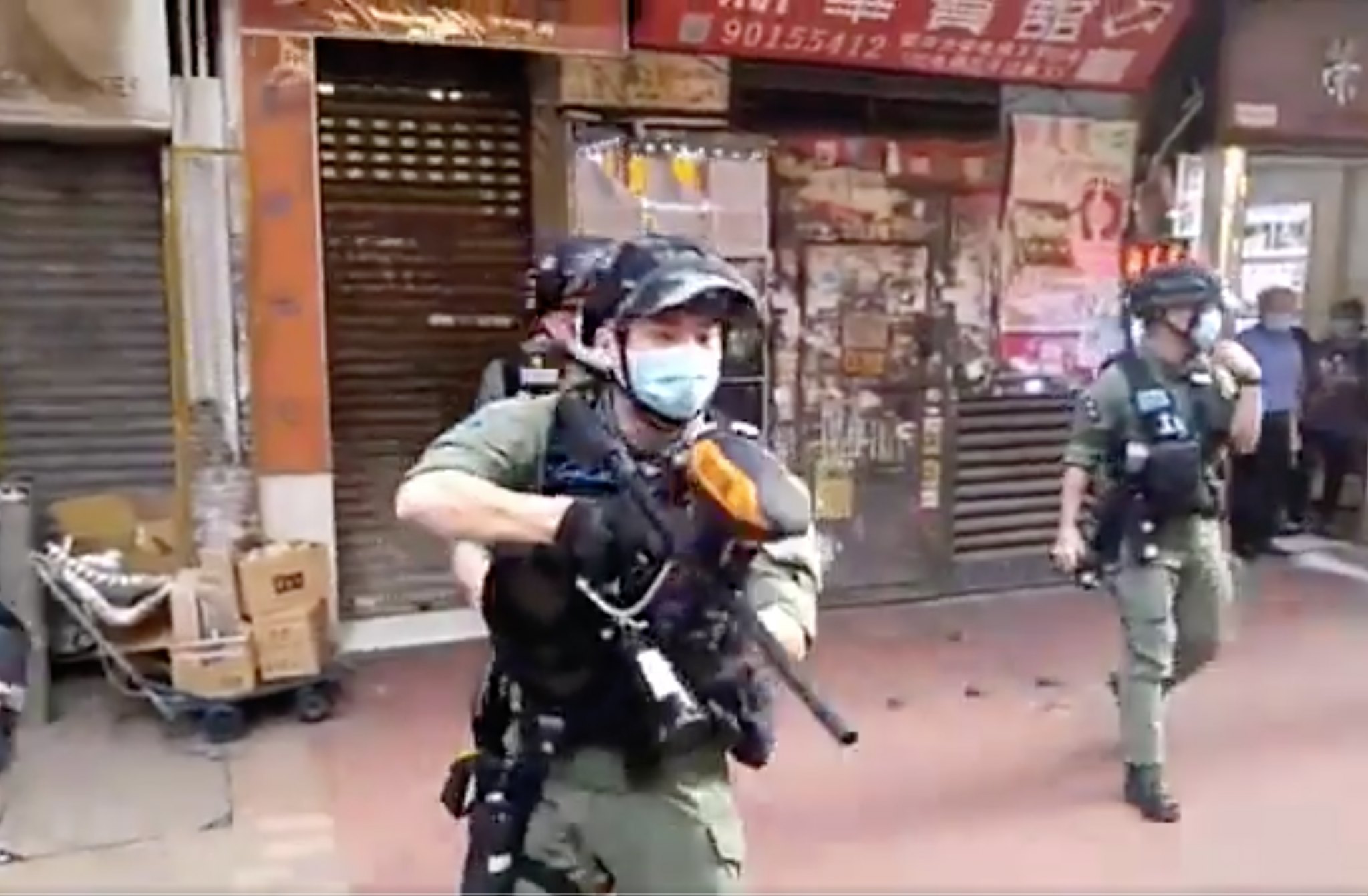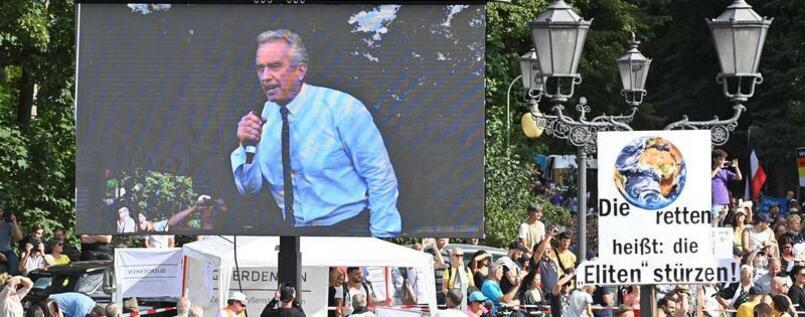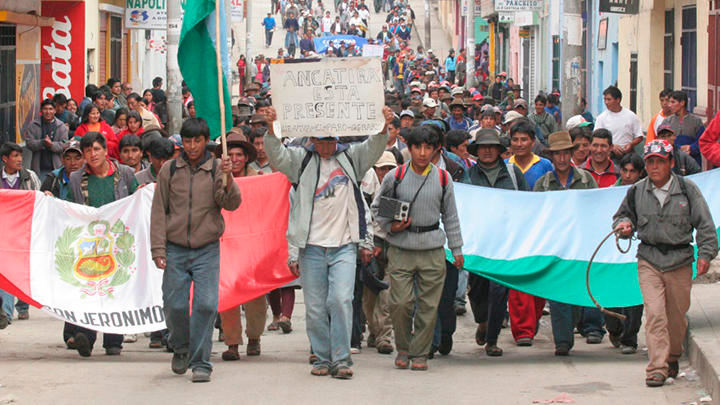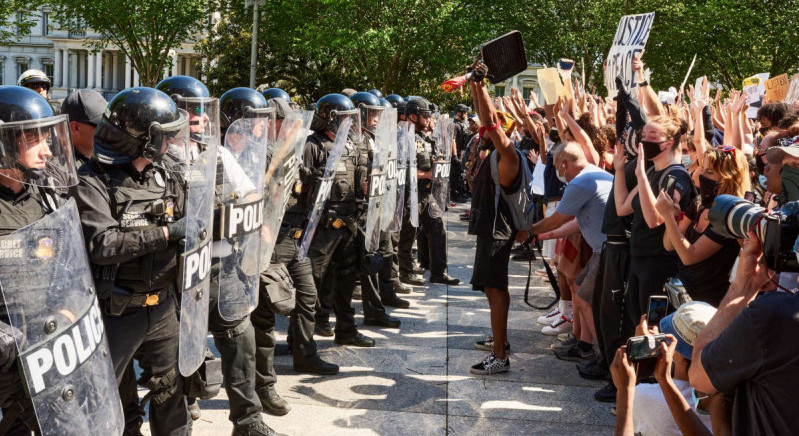
Iran: demand release of imprisoned rights defenders
UN High Commissioner for Human Rights Michelle Bachelet called for Iran to releaseimprisoned human rights defenders, lawyers and political prisoners, citing COVID-19 concerns. Iran is the country worst-affected by the pandemic in the region, and the overcrowded and unsanitary conditions in its prisons create a breeding ground for the virus. Bachelet said, “People detained solely for their political views or other forms of activism in support of human rights should not be imprisoned at all.” After Bachelet’s statement, authorities released activist Narges Mohammadi, a campaigner against the death penalty and former vice president of the Defenders of Human Rights Center. She was sentenced to prison in 2016 on charges of “forming an illegal group.” The UN called for her release in July after she began experiencing symptoms of COVID-19. (Photo of Narges Mohammadi via Twitter)



